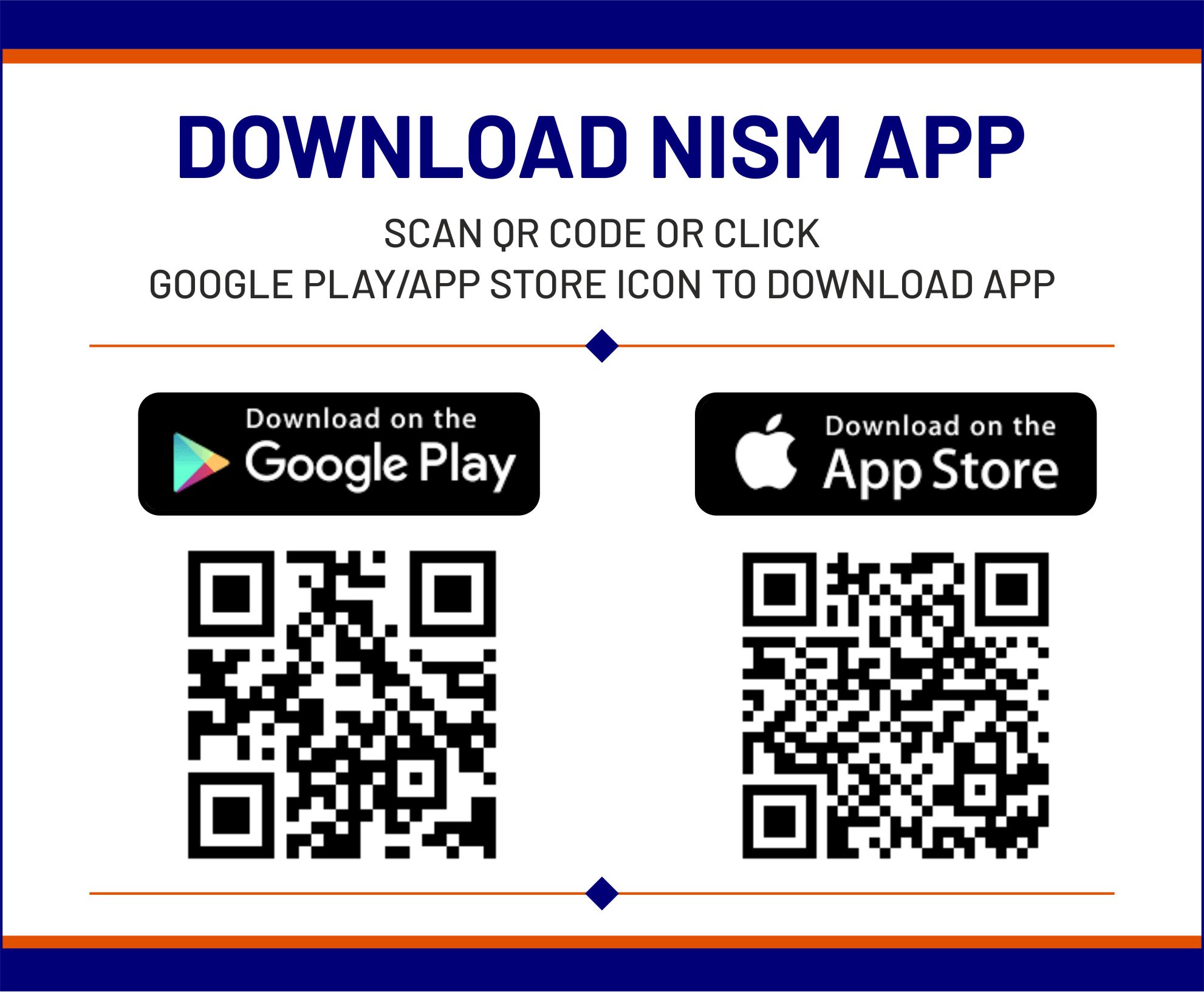Capacity Building Programme on Derivatives
Event Information
From Monday, December 14, 2020 – 04:30pm
To Tuesday, December 22, 2020 – 07:30pm

Programme Overview:
The most significant financial innovation in last 2-3 decades have been the derivatives instruments. Some experts believe that derivatives or the complex financial instruments played an equally important role in causing the global financial crisis (GFC). Despite all controversies about the matter of fact is that derivatives are important risk management tool as well as instruments that facilitate efficient allocations of capital to productive investment activities.
Accordingly the programme aims to provide a comprehensive theoretical and practical knowledge about various facets of derivatives.
Programme Objective and Target Audience:
The training objective is to create a thorough understanding of Derivative concepts and their real life application. The program is recommended for all those who want to understand Derivatives thoroughly. It is expected that officers working in in financial markets/ capital markets like employees of banks, exchanges, intermediaries such as Brokers, Sub-brokers, Portfolio Managers, Mutual Funds, Investment Advisors, Treasury operations of various Financial Institutions, Officials of the Regulatory Bodies, Government Officials, Students, Faculties of Business Schools, etc. will benefit from participating in this training program.
Programme Date & Time:
December 14-22, 2020 (excluding weekend) | 4:30 pm to 7:30 pm
Scope and coverage
The programme aims to provide a comprehensive knowledge about derivatives, entire ecosystem of derivatives in India including regulatory overview, margins, compliance framework, trading clearing and settlement and practitioner’s aspects all derivative products.
| Sr No | Topic | Details |
| 1 | Overview of Derivative Market India | Concepts of derivatives.Derivatives market structure in IndiaUnderstanding Forwards/Futures/Options.Stock Derivatives and Index Derivatives. |
| 2 | Concepts and terminology of derivatives markets | Introduction to Basic Concepts:Spot Price vs future priceStrike PriceSettlement PricePosition LimitsMargins and Mark to Market positionsContract specificationsContract value vs PremiumPut and Call options |
| 3 | Participants in Derivative Markets/Application of Derivative Markets | Category of Participants:HedgersSpeculatorsArbitrageursInvestors: Institutional/Non institutional.Institutional Participation in future MarketsOverview of Regulatory framework for institutions |
| 4 | Trading in Futures | Futures contracts traded in India:Types of futures contracts.Contract specifications – Index futures/Stock futuresSettlement of futures contracts: Daily Settlement Vs Expiry of ContractsMarket wide position limits and Ban period for derivative tradingRegulatory Framework. |
| 5 | Investors perspectives for futures trading | Risks-rewards in trading in futureTheoretical model for future pricingMargins & Collaterals – Cash and Non Cash marginPay-off matrix for plain Short and Long positions.Application of Index Future.Other trading strategies using futures contracts- Arbitrage/speculation/Spread etc |
| 6 | Trading in Options | Trading in Options:Concept of Options.Futures vs Options contractsTypes of option contractsMoneyness of OptionsMargins for Option contractsContact settlementsUnderstanding Option prices and factors impacting option prices.Pay- off Matrix for Options: Risks-Return trade-off in option trading.Long Position in a call optionLong position in put optionShort position in call optionShort position in put option |
| 7 | Advance Option strategies | Market Neutral Strategies-StraddleStrangleIron CondorButterflySpreads-Bull call spreadBear put spreadBull call ratioBear Put ratioDirectional Strategies-Synthetic positions using options |
| 8 | Commodity Derivatives | Commodity DerivativesOver view of Commodity Derivatives Market- regulatory aspects and market structureEquity Derivatives Vs Commodity DerivativesFactors affecting commodity derivativesCommodity derivatives- Contract specificationsConcept of warehouse receipts and trading aspectsTrading opportunities in Commodity DerivativesCurrency derivatives traded in India.Contract specifications, contract value, contract cycles.Margining methods.Settlement of currency derivatives.Trading perspective:Risks in currency trading.Margin obligations – Cash and Non Cash marginUnderstanding settlement – daily and exercise day settlement Role of RBI Vs Role of SEBIRegulatory Framework for Currency trading in India |
| 9 | Currency Derivatives | Equity derivative trading Vs Currency derivative trading.Factors affecting exchange rate.Nature of underlying cash market.Purpose of currency derivative trading.OTC vs Exchange traded currency derivatives. |
| 10 | Fixed Income Derivatives | Interest Rate Futures-Factors affecting Bond prices.Usefulness of interest futures.Rationale for trading in Interest Futures.Hedging and Speculation aspects.Contract specifications – product features.Interest rates futures and options.Trading aspects of IRFMargins, settlement aspects.Position Limits, Strategies in IRF, etc.OTC fixed income derivative market-Concepts of Forwards and SWAPsOTC Market in IndiaTrading perspective. |
Speakers/faculties:
Faculties will be drawn from NISM, Regulatory bodies, Market Participants/Practitioners and experts from the market.
Programme Fees:
| Fees Structure for Individual Participants | Fees structure for Group of 10 or more | |||
| Registration Date | Fee per participant (Rs.) | For the Group of 10 or more | Fee per participant (Rs.) | |
| On or Before Dec 1, 2020 | 6000 | 6000 | ||
| On or after Dec 2, 2020 | 7500 |
Note: The above-mentioned fees in all categories are exclusive of applicable taxes.
How to register for this programme?
Step 1: Please click this registration link or open this link in any browser http://slims.nism.ac.in/eduwiz/forms/newregister.html#
Step 2: Please click on New registration (Once the registration is complete, you will receive User ID and Password in your registered Email ID)
Step 3: In programme name, please select ‘Capacity Building Programme on Derivatives’ and fill other necessary details.
Step 4: Please complete the registration and payment of fees.
After the successful registration, you will receive the fees payment receipt in the same portal.
Programme Director
Mr. Vishal Padole, Member of Faculty, NISM
Email: vishal.padole@nism.ac.in
Please contact Ms. Jinal Rohit (jinal.rohit@nism.ac.in) for further information.

